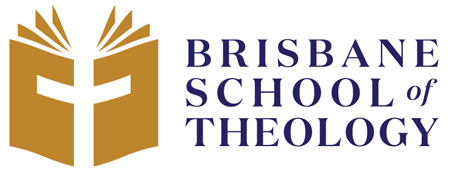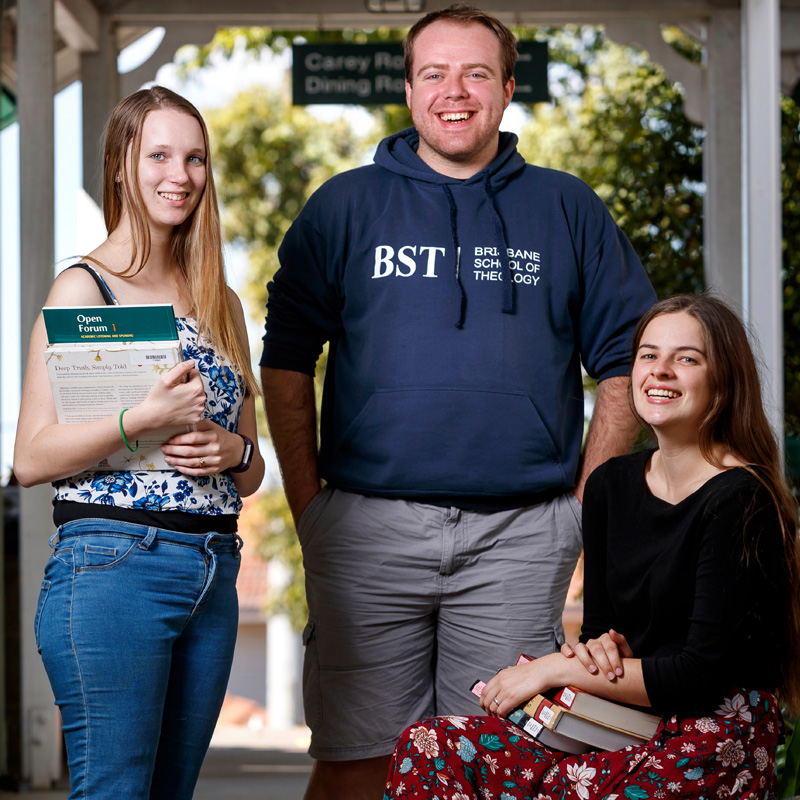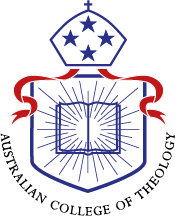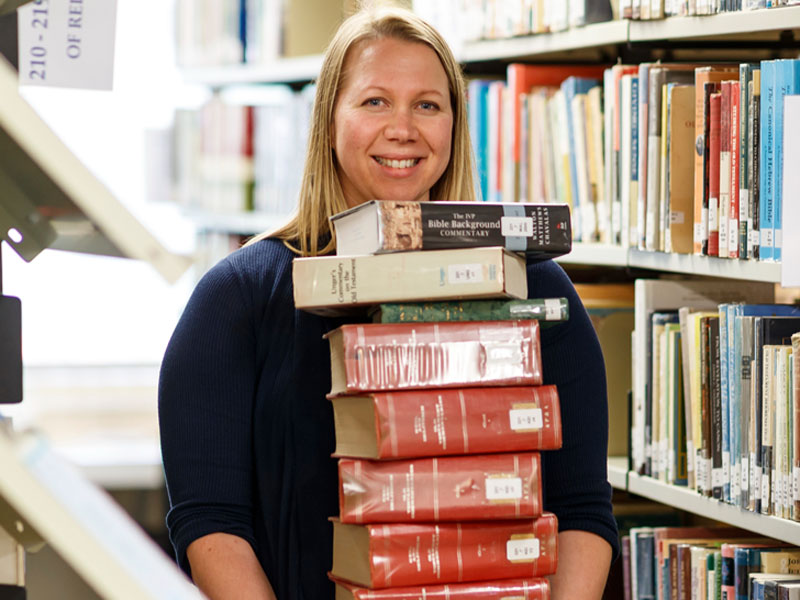Bachelor of Ministry
UNDERGRADUATE
- 24 Units
- 3 yrs FT | up to 9 yrs PT
- 288 Credit Points
- FEE HELP
- OVERSEAS
Course Description
If you have a heart for the church, and want to be involved in guiding, encouraging and growing God’s people, then the Bachelor of Ministry is the course for you.
It begins with an overview of the entire biblical text, giving you a great framework as you move into more detailed analysis of key sections. You can get a better understanding of the history and purpose of the church; and you’ll be grappling with how key theological doctrines, like grace or eschatology, actually relate to the Christian life. You can then choose the areas in which you want to dig deeper, focusing on pastoral ministry and preaching, cross-cultural mission, leadership development, or more comprehensive biblical study.
Where can this course take you?
- Church pastoral roles
- Local and international mission work
- Church planting
- Chaplaincy/pastoral care roles
Most churches recognise that the Bachelor of Ministry fulfils all the academic requirements for ordination, although a small amount of denomination-specific training might still be expected. Chaplaincy organisations also recognise this degree program as excellent preparation for chaplaincy, although there may be specific training still expected from particular organisations.
- Introduces students to the sources and content of the Christian story and message, and provides training which emphasises application and practice of this story and message in the contemporary world.
- The course will require specialisation in disciplines by which knowledge of God is applied to guide Christian practice:
- Evangelism & Missiology (EM) and/or
- Pastoral & Church Focused Ministry (PC) and/or
- Developmental Ministry (DM)
- The course will integrate studies in the Bible and Christian tradition with practical experience and include supervised practice-based learning where appropriate.
- Through elective units students can:
- Develop particular ministry skills in the three areas of the field of Ministry & Practice
- Develop foundational understanding in the Bible & Christian Thought (LA, OT, NT, BB)
ATAR: Completion of Year 12 in the last two years with an ATAR 65 or above; OR
Previous Qualifications: Successful completion of a qualification at AQF Level 5 or above; OR
Demonstrate Academic Suitability for course: Test, Brief Essay, or Interview.
Language Qualifications for NESB: IELTS 6.5 overall with minimum of 6.0 in each subtest OR 10 years in Australia with English being the language primarily spoken both at home and work.
Australian College of Theology Coursework Course Enrolment Policy
24 units | 288 credit points | 3 yrs FT, up to 9 yrs PT | On-campus & off-campus live stream
Bachelor of Ministry Course Structure
2 units from Old Testament Introduction
2 units from New Testament Introduction
2 units from History
3 units from Theology
3 units from Exegesis
6 units from Ministry and Practice (must include Field Education and Spiritual Formation units)
6 elective units
Units in this course are completed at Level 5 and above, course must include no more than 12 units at Level 5, and including at least 6 units at Level 7 or above. Units codes ending in 512 = Level 5, 612 = Level 6, 712 = Level 7.
Biblical Introduction
Old Testament introduction
Old Testament Foundations – OT001-512
Old Testament Prophets and Writings – OT002-512
New Testament introduction
Jesus and the Gospels – NT001-512
Early New Testament Church – NT002-512
Christian Thought
History
Christianity in History to 1550 – CH001-512
Christianity in History from 1550 to Modern Times – CH002-512
Theology
The Knowledge of God – TH001-712
Creation and the Fall, the Person and Work of Christ– TH102-712
The Doctrines of Grace and Eschatology – TH003-712
The Church and its Ministry– TH104-712
Philosophy & Ethics
Christian Ethics – PE001-512
Christian Apologetics – PE206-712
Exegesis
Old Testament exegesis
Pentateuch – OT008-712/OT009-712 (Hebrew exegesis available)
Former Prophets: 1 & 2 Samuel – OT010-712/OT011-712 (Hebrew exegesis available)
Exilic Prophecy (Isaiah 40-55) – OT014-712
The Psalms OT020-712
New Testament exegesis (in English or Greek)
The Synoptic Gospels: Luke – NT008-712/NT009-712
The Fourth Gospel – NT016-712/NT017-712
The Pastoral Epistles – NT014-712/NT015-712
Pauline Theology and Romans – NT018-712/NT019-712
Paul and Corinthian Christianity – NT010-712/NT011-712
Ministry & Practice
Evangelism and mission
Mission Perspectives – EM001-512
Principles of Evangelism – EM024-512
Ministry in a Culturally Diverse Context – EM018-712
Contextual Asian Ministry – EM031-712
Cross-Cultural Field Education – EM040-712
Pastoral and church-focused ministry
Pastoral Skills and Methods– PC003-712
Preaching I – PC047-712
Spiritual Formation for Professional Ministry – PC008-712
Congregational Field Education – PC092-712
Practical Ministry Field Education – PC094-712
Child Abuse in Christian Communities: Prevention and Response – PC134-712
Languages
Biblical Hebrew (A) – LA003-612
Biblical Hebrew (B) – LA004-612
New Testament Greek (A) – LA005-612
New Testament Greek (B) – LA006-612
Note: Biblical Introduction, Church History and Greek A & B are offered every year, while the other units run on a two-year cycle. Please refer to the college timetable to find out what is being offered each year.
A full-time study load is 4 units per semester. You can be full-time and study 3 units per semester; it will just take you longer to finish the course. A part-time study load is 1 or 2 units per semester.
Course Rules
- Maximum concurrent enrolment load: 60 cps
- There is a pre/co-requisite for Level 7 units: 96cps, including 36cps at Level 6
Discipline Knowledge and Understanding
1. Demonstrate functional knowledge of ‘Ministry’ as an academic discipline with particular attention to at least two fields of ‘Ministry and Practice’, including the spiritual and ethical implications
2. Examine the biblical and theological foundations of Ministry
3. Discuss the functional theological, spiritual and ethical implications of Ministry knowledge and understanding
Inquiry and Analysis
4. Collect, analyse, evaluate and synthesize a wide range of recognized biblical, theological and social scientific scholarship in inquiry based learning
Problem Solving and Integration
5. Construct evidence-based perspectives on Ministry issues by using recognized source materials and scholarly literature, evaluating alternate explanations and drawing reasoned conclusions
Communication
6. Present functional Ministry ideas, knowledge and principles to, and engage with, specialist and non-specialist audiences using a variety of formats
Teamwork and Professional Practice
7. As leader and in groups, apply the functional principles and methods of Ministry in formal ministry contexts and the wider community
Engagement With the World
8. Engage with the functional challenges of contemporary Christianity, society and the wider world
Continuous Learning and Professional Development
9. Demonstrate a capacity for independent reflection and learning to sustain personal and professional development in Christian ministry
BST Timetable, Calendar and Fees
This course is FEE-HELP and Centrelink approved.
What is FEE-HELP?
FEE-HELP is a loan that helps eligible fee paying students pay their tuition fees.
For eligibility and more information on FEE-HELP go to:
https://www.studyassist.gov.au/help-loans/fee-help
This course is registered on CRICOS (054670D) and is available to overseas students. Further information for overseas students can be found on our overseas student page.
Overseas students can apply here.
If you get part way through the Bachelor of Ministry and are unable to complete the full course, there are options for receiving an award with the units you have completed. You could look at graduating with one of the courses below, providing you meet the required units.
Associate Degree of Ministry
Advanced Diploma of Ministry
When you have completed the Bachelor of Ministry you can continue your theological studies with either:
Honours Program
The Bachelor of Ministry (Honours) program is designed for students who have graduated with a three-year undergraduate degree in Ministry from the ACT and who have demonstrated high academic potential. It will require a minimum 2.0 overall Grade Point Average. It is a means of preparing for advanced research in Ministry. It is an extra 96 credit points which you can complete over one year full-time or three years part-time.
Master of Theological Studies
Adam and Hester Pike
Bible translators with Wycliffe (Vanuatu)
Hester: “When we arrived at college we were sure God wanted us to work in cross-cultural mission, but had no idea what that would look like for us. But after three years at BST we had a much clearer picture of the road ahead. From a spiritual perspective, our knowledge of and love for the Bible was greatly increased and our relationships with God and his people were strengthened. And from a practical perspective – well, it was through BST that we came into contact with Wycliffe, and the rest, as they say, is history…”
Adam: “Somewhat unusually, it’s the Greek lessons that were my favourite at college! People can sometimes think ‘What’s the point? It’s a dead language’, but the lecturers are so passionate about it and the things I learnt are invaluable to me in my day-to-day work now. As I translate the Bible into Merei I’m served so well by my knowledge of Greek vocabulary, grammar and sentence structure – it’s helping me to make sure I’m giving the best, most accurate representation of the gospel to the people of Vanuatu.”







